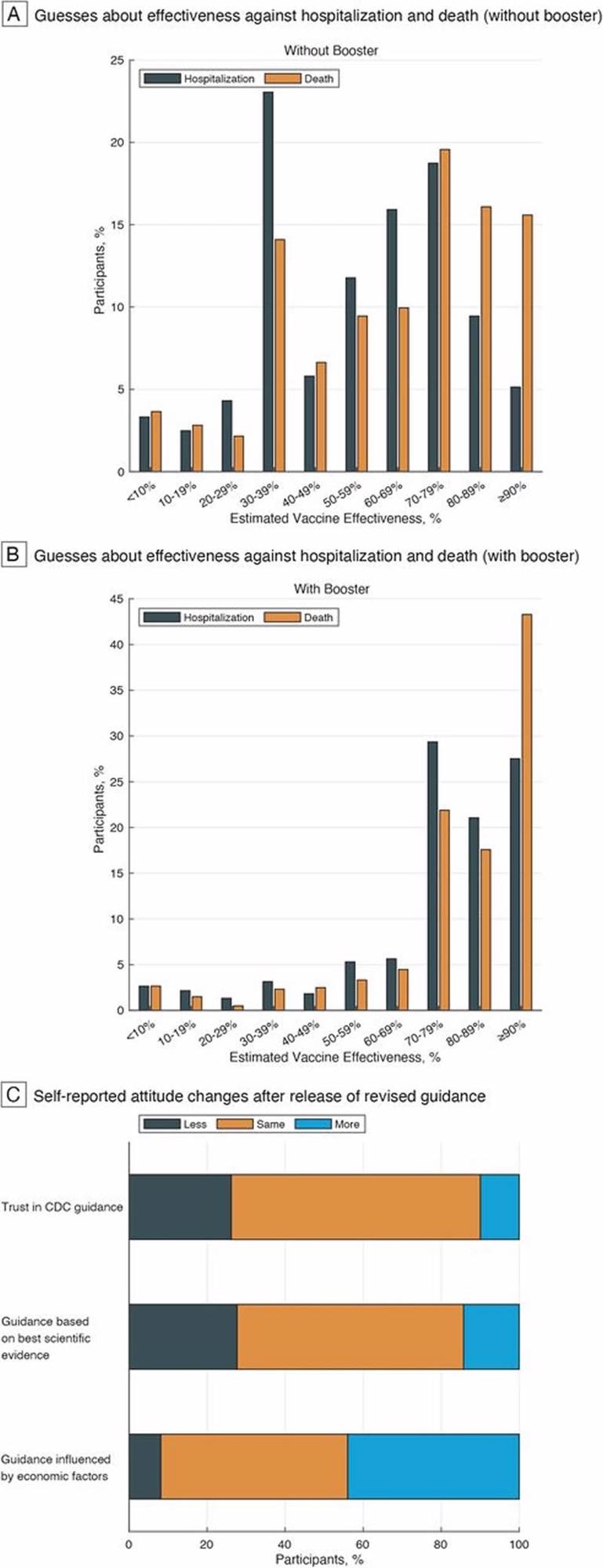
 This news article was a review of a preliminary scientific report that had not undergone peer-review at the time of publication. Since its initial publication, the scientific report has now been peer reviewed and accepted for publication in a Scientific Journal. Links to the preliminary and peer-reviewed reports are available in the Sources section at the bottom of this article. View Sources
This news article was a review of a preliminary scientific report that had not undergone peer-review at the time of publication. Since its initial publication, the scientific report has now been peer reviewed and accepted for publication in a Scientific Journal. Links to the preliminary and peer-reviewed reports are available in the Sources section at the bottom of this article. View Sources
The COVID-19 pandemic has caused an unprecedented loss of human life and resources all over the world. Isolation and quarantine guidelines have proved effective in reducing severe acute respiratory syndrome coronavirus 2 (SARS-CoV-2) transmission. On December 27, 2021, a change in isolation and quarantine guidance for COVID-19-positive individuals was announced by the CDC, raising concerns regarding the scientific rationale of the revised guidelines.
About the study
An online survey of 603 participants was conducted between January 5, 2022, and January 6, 2022. The participants were grouped through nonprobability convenience sampling with individual characteristics that matched 2019 U.S. Census Data including age, ethnicity, race, and education. Informed consent of the participants was obtained electronically before the study began.
In the survey, the individuals answered questions based on comprehension of usage of isolation and quarantine guidances in hypothetical situations. Questions based on their personal history were called personal questions, whereas questions based on their vaccination history were referred to as scenario questions. Correlations between participant demographics and understanding of the provided passages were assessed with ordinal logistic regression.
Study findings
All four scenario and personal questions were correctly answered by 25% and 30% of the participants, respectively. A negative association in unvaccinated people and the number of questions they answered correctly was observed with an odds ratio of 0.74 and 0.61 for the scenario and the personal questions, respectively. Furthermore, not receiving a booster vaccine dose was also negatively associated with correctly answered personal questions with an odds ratio of 0.72.

Self-Reported Attitude Changes and Estimated Vaccine Effectiveness Against Hospitalization or Death from COVID-19 The graphs show (A) estimated effectiveness of a COVID-19 vaccine without a booster against hospitalization (orange bars) or death (gray bars), (B) estimated effectiveness of a COVID-19 vaccine with a booster against hospitalization (orange bars) or death (gray bars), and (C) the percentage of respondents who expressed changes in attitude before and after the release of the revised guidance in response to three counterfactual questions.
The participants guessed the effectiveness of the vaccine against COVID-19-related hospitalization to be in the range of 30% to 39% without a booster dose and between 70% to 79% after vaccination with a booster dose. Vaccine effectiveness against infection was perceived to be 75% and 35% with and without the administration of a booster dose, respectively.
Approximately 57% and 72% of the participants estimated the effectiveness of the vaccine against COVID-19-related death to be less than 90% with and without booster vaccination, respectively.
After the revision of the CDC guidelines was announced, counterfactual questions showed that 26% of participants expressed reduced trust in the CDC recommendations, while 28% had reduced confidence in the organization’s scientific rationale regarding COVID-19 guidelines. Furthermore, 44% of participants believed that economic factors significantly affected CDC’s guidelines.
Conclusions
Based on the study findings, widespread knowledge gaps were observed in the understanding of the CDC’s revised isolation and quarantine guidance among U.S. adults. The negative correlation between the vaccination status of the participants and their comprehension scores indicated that the guidelines might be least available to individuals at higher risk of COVID-19 infection. Counterfactual questions revealed a significant reduction in public trust towards the CDC, owing to the belief that economic changes influenced the CDC’s recommendations.
More clarity in COVID-19-related information and improved responsiveness in public health announcements by the CDC will play a crucial role in keeping the public informed about the pandemic, as well as limiting the spread and severity of the disease.

 This news article was a review of a preliminary scientific report that had not undergone peer-review at the time of publication. Since its initial publication, the scientific report has now been peer reviewed and accepted for publication in a Scientific Journal. Links to the preliminary and peer-reviewed reports are available in the Sources section at the bottom of this article. View Sources
This news article was a review of a preliminary scientific report that had not undergone peer-review at the time of publication. Since its initial publication, the scientific report has now been peer reviewed and accepted for publication in a Scientific Journal. Links to the preliminary and peer-reviewed reports are available in the Sources section at the bottom of this article. View Sources